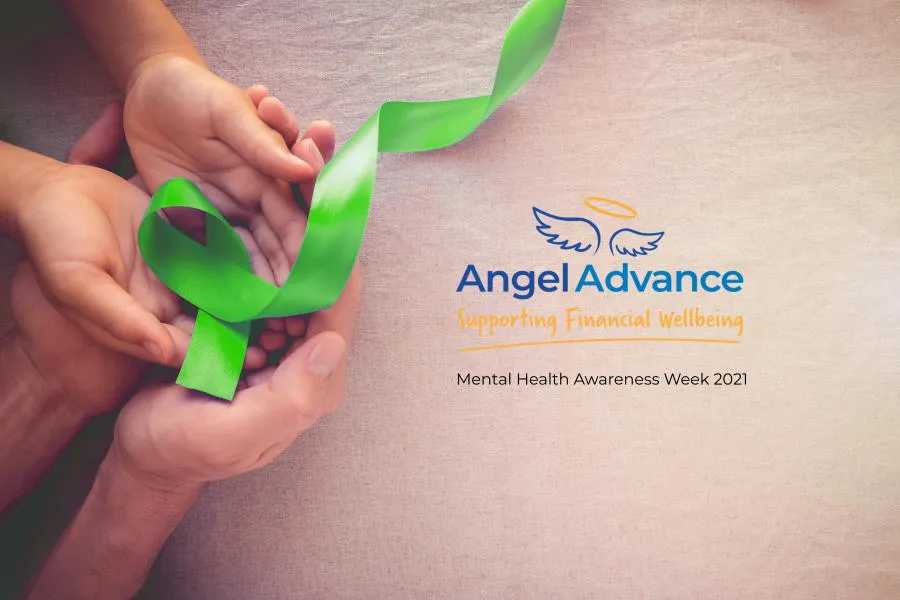This week, 10th – 16th May 2021 is The Mental Health Foundation’s Mental Health Awareness Week. Now is a better time than ever to seek help and support for anything that may have an impact on your wellbeing and mental health.
This year’s theme is nature – something that many of us have connected with throughout the course of the pandemic. Social distanced walks with friends, or gardening to keep yourself busy have been common ways to keep your mind active during some of the darkest times many of us have faced.
Money and Mental Health
Research by the Money and Mental Health Policy Institute found that people with mental health problems are 3-and-a-half times more likely to be in problem debt than people with no mental health problems. As a financial solutions provider, we also understand that it works the opposite way too, with debt often being the cause of mental health difficulties.
Improving mental health can seem an impossible task but taking small steps whilst working to an end goal should make it easier. We’ve collated our 5 top tips to help improve your mental health:
-
- Speak to friends and family – money and finance shouldn’t be a taboo subject, it’s something we all think about. Why not try asking your trusted family and friends for tips and advice on how they manage their money and debt compared to you? Not only will it help you, but likely your friend or family member too.
- Get active – exercise is proven to improve your mood and build self-esteem. Find a type of exercise that is fun for you, not a chore; maybe a walk with friends rather than a workout in gym will suit you better.
- Understand your triggers – if you feel your mental health can be triggered by certain situations, take some time to understand what and why. Is it receiving post, having to speak on the phone, maybe having to make a financial decision? If you understand your triggers, you can find mechanisms to help improve your feelings in those situations.
- Build a budget plan – make a list of your income and spending for each month, be sure to include irregular costs too. Look at our budgeting tips here. If you can work on a monthly budget, you’ll spend less time worrying about money that’s not there.
- Take a break – if you’re feeling overwhelmed or feel like you’re not getting anywhere, take a break and go back to whatever you’re doing with a fresh mindset. A few minutes might suffice, but if it’s your sleep that’s being affected, the chances are your mental health and concentration is too. Do something to relax you; go for a run or meditate, anything that works for you!
More importantly, don’t be afraid to ask for help – whether it’s worrying about your debts or struggling with your mental health, there are people who can help.
You could speak to your GP, caseworker, or take a look on Mind’s list of organisations that can help with mental health support.
For debt advice, you can use our Online Debt Advice Tool, speak to us on Live Chat, email info@angeladvance.co.uk or call us on 01925 599400 to speak in complete confidence to one of our experienced debt advisers.

